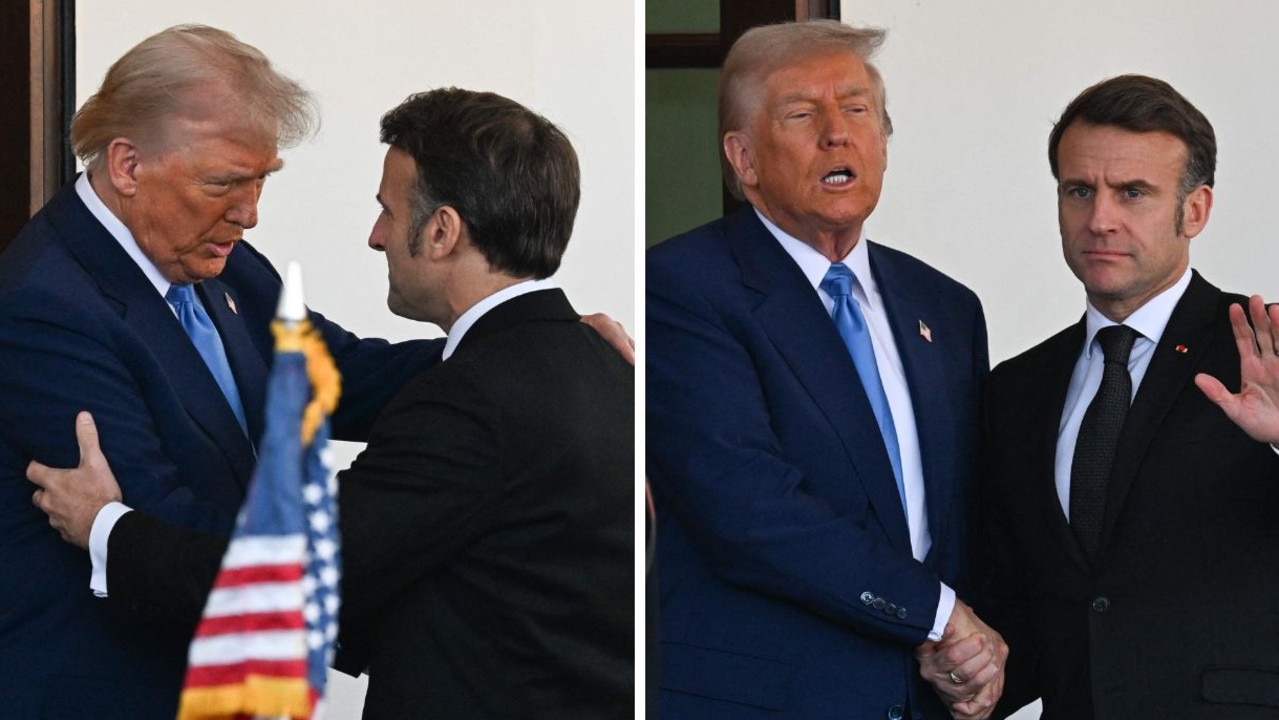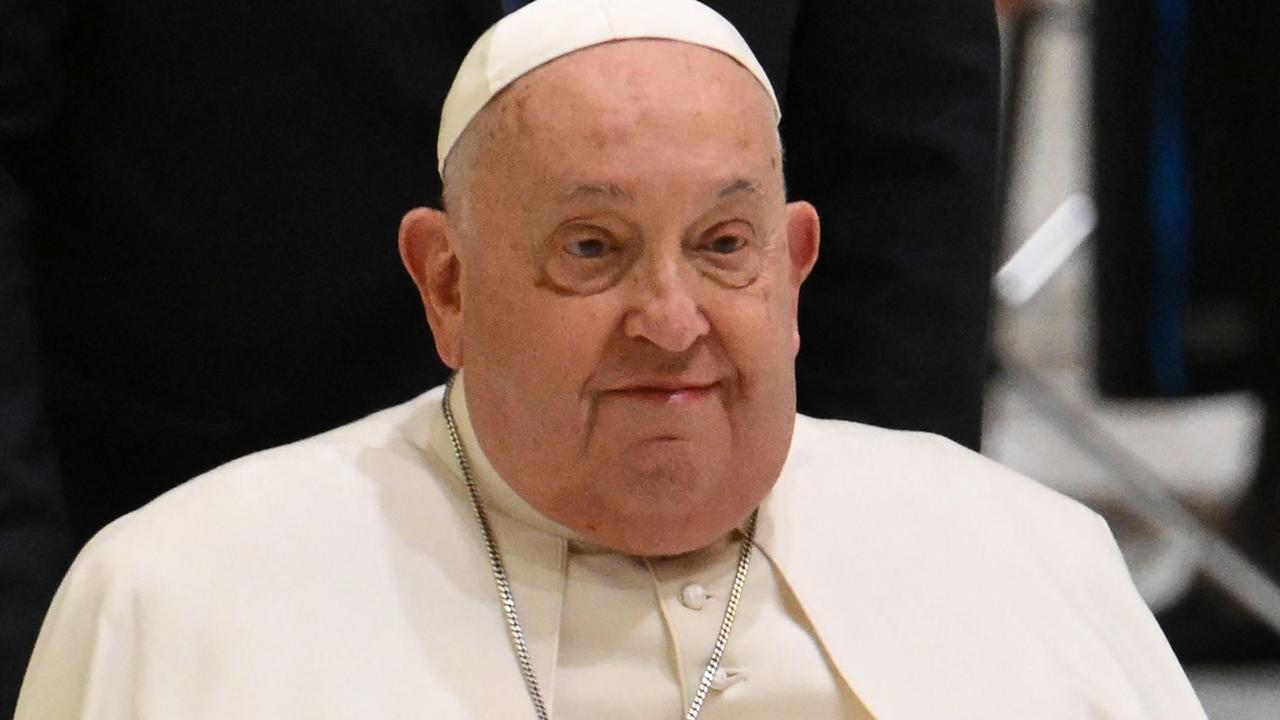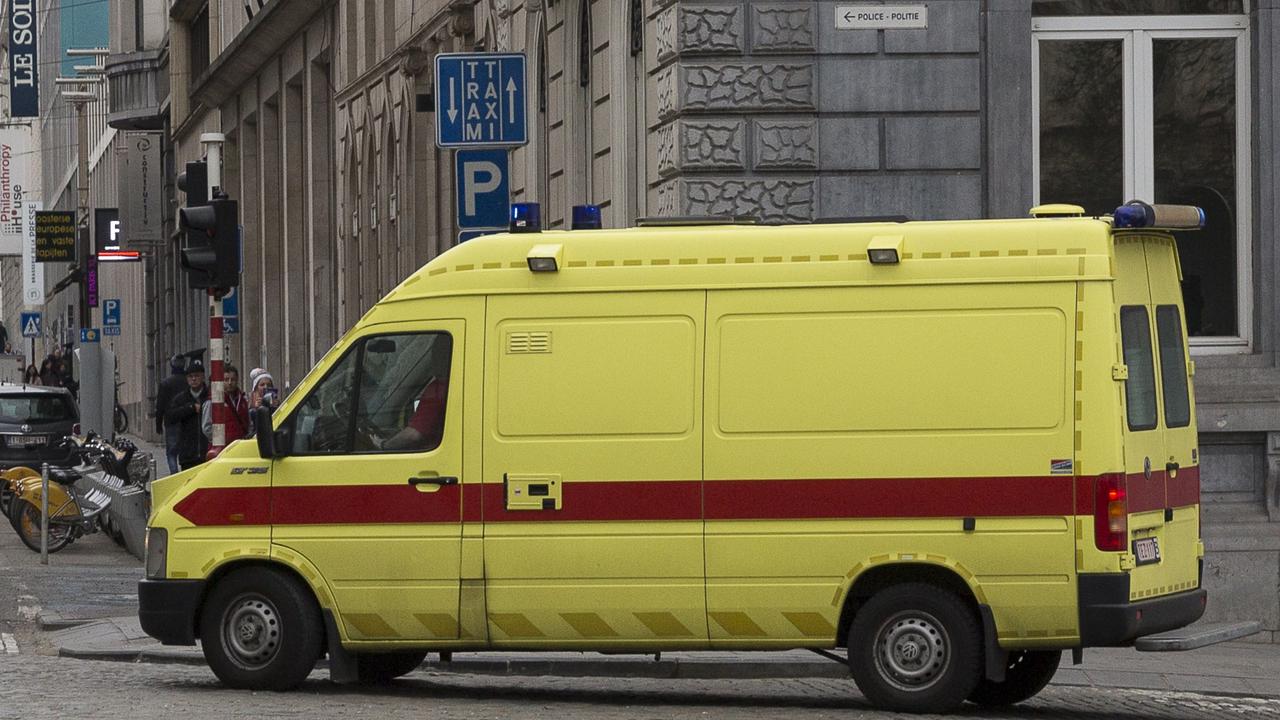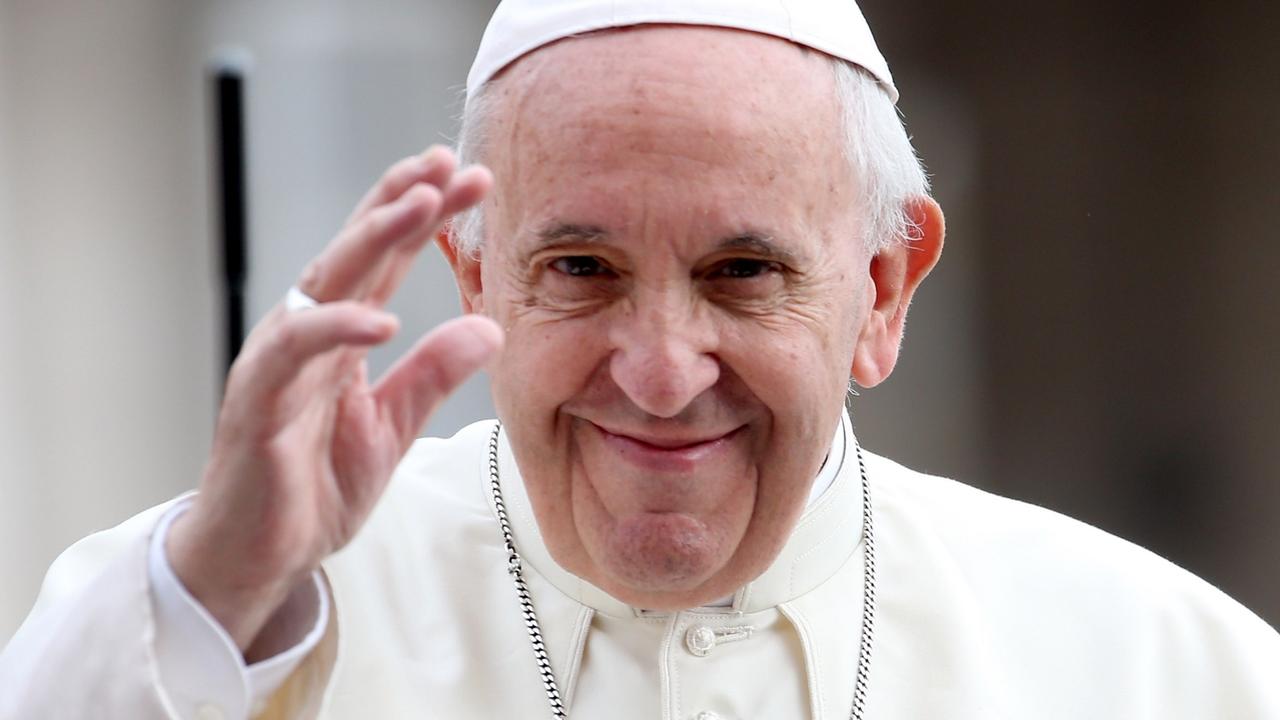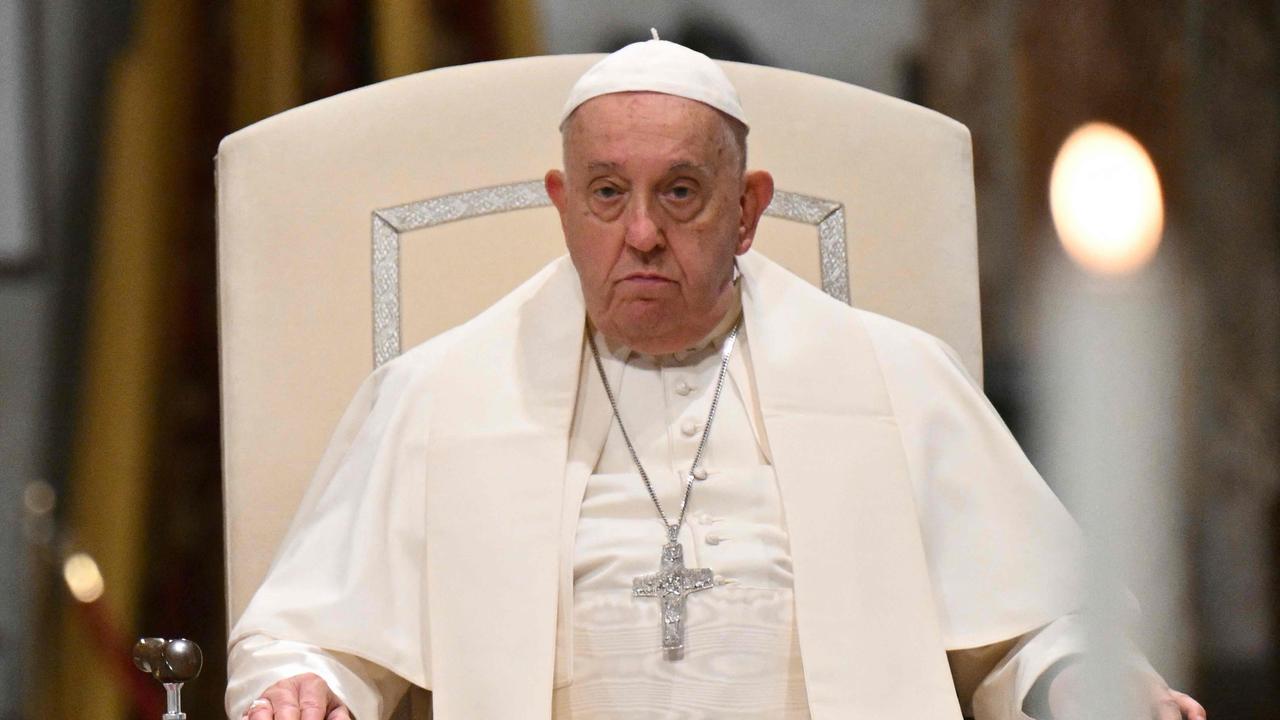‘Warning’: Alarming map shows divide at the heart of Europe
A far right party has made huge gains in the German election, but an astounding map shows an bizarre echo from history.
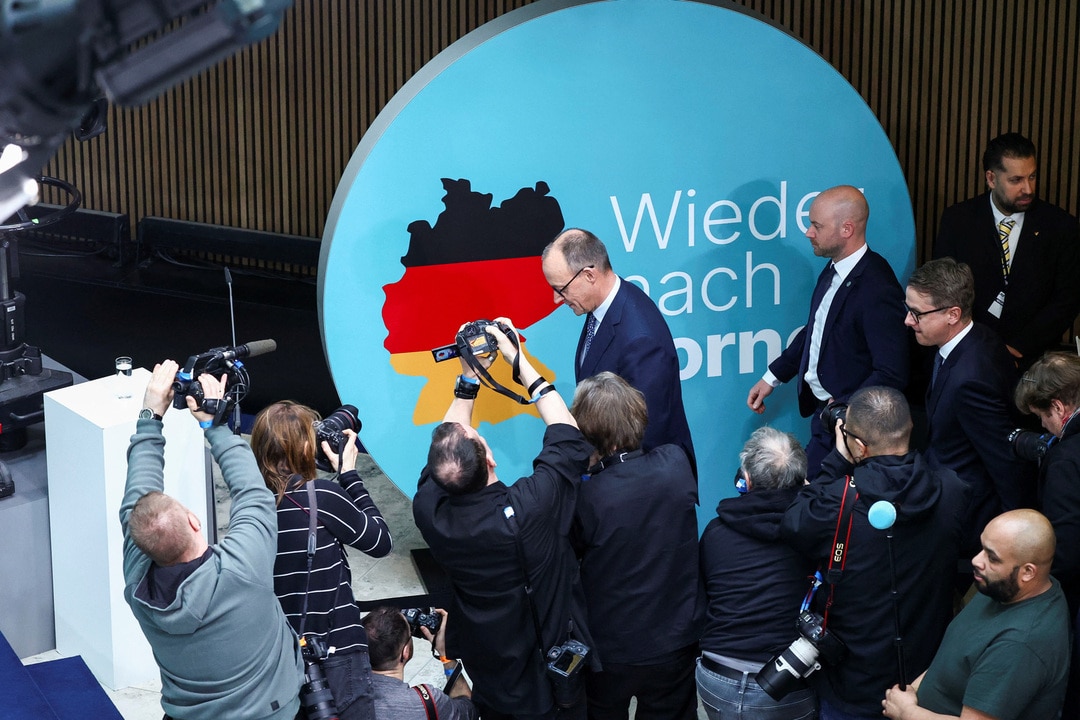
World
Don't miss out on the headlines from World. Followed categories will be added to My News.
An astounding map that has emerged from Germany’s general election has shown just how divided the nation at the heart of Europe is.
On Sunday, the ruling centre left Social Democratic Party (SPD) of Chancellor Olaf Scholz lost the election falling from first place in the 2021 poll to third.
The conservative CDU/CSU Christian Democrats came in first with 28.5 per cent of the vote. Its leader Friedrich Merz is in pole position to become Germany’s next leader. But if he wants to form government he will have to go into a coalition.
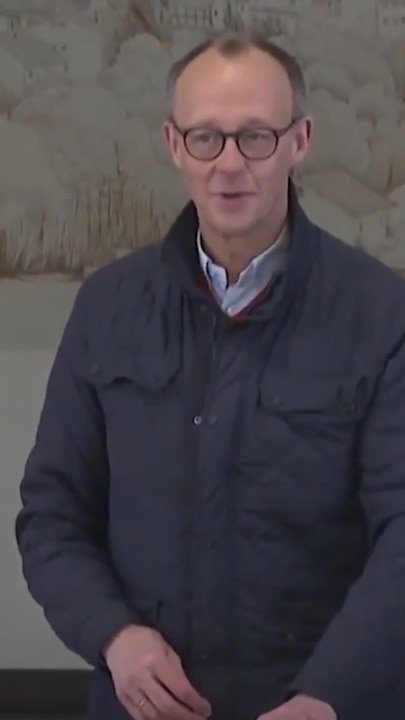
And he’s ruled out doing so with the second place party, far right nationalist Alternative for Germany (AfD). Its vote went up an astonishing 10 per cent.
More than one-in-five Germans voted for the AfD, senior figures of which have been accused of using Nazi terminology and symbolism. The party has denied it is Nazi adjacent.
Yet one of its state leaders was fined 13,000 euros for using a Nazi era phrase at a campaign rally while he also criticised having the Holocaust Memorial in the centre of Berlin.
The more right and radical the AfD has gone, the more its message has seemed to resonate – at least in some parts of Germany.
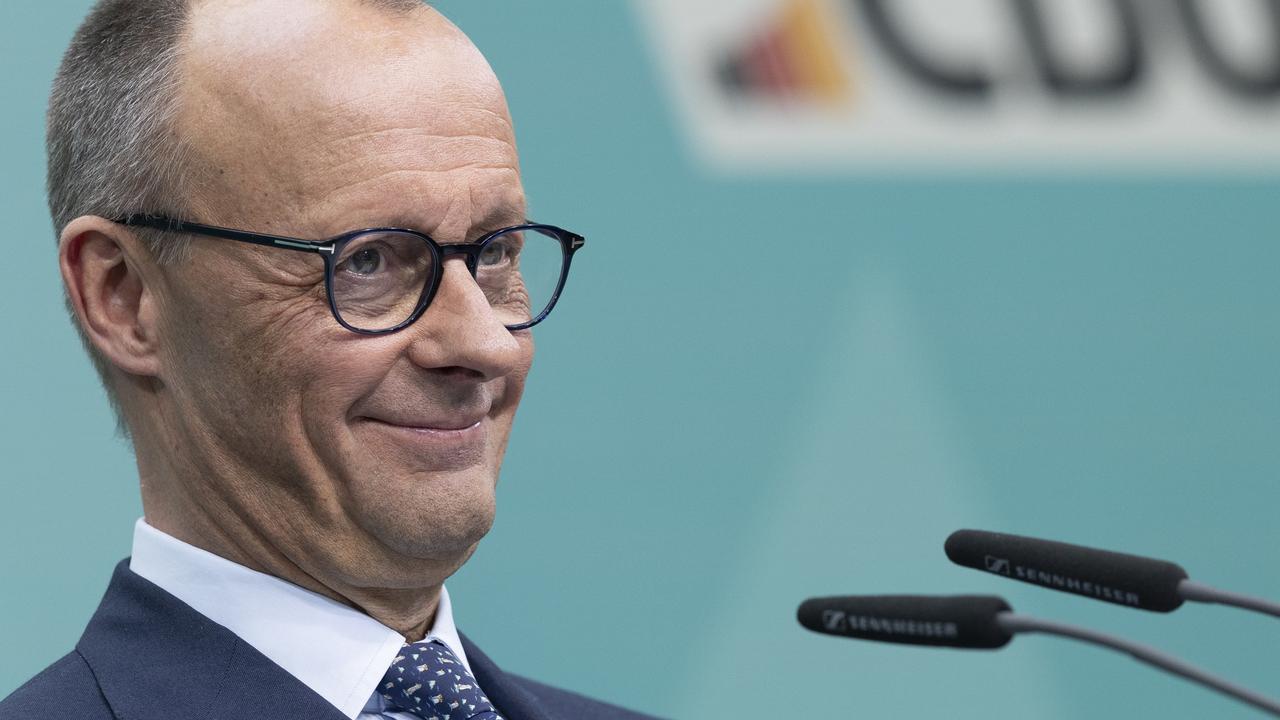
Great divide in German vote
The results from the election – where immigration, a faltering economy and European defence were top of mind – have shown a striking divide in the vote.
A map (below) shows the vast majority of the electorates where the AfD won in the election’s crucial “second vote” – which decides the makeup of the Bundestag, the country’s parliament – exactly matches the former Communist, Moscow dominated East Germany.
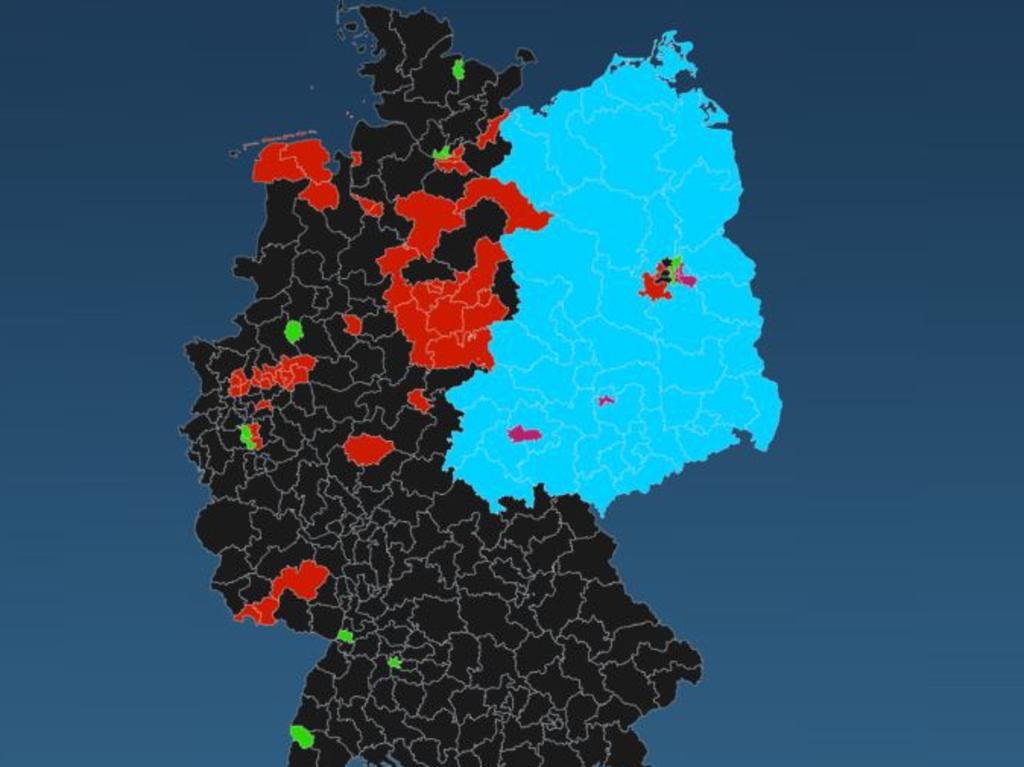
More than 40 years after Germany was divided in 1949, it was reunified as one country in 1990 when the Soviet Union collapsed. But from the map it doesn’t seem like it.
“The reunification of Germany has yet to happen,” said Carl Bildt, the former prime minister of Sweden on X referring to the election map.
“The former (East German) areas now dominated by extreme right-wing AfD with the old West overwhelmingly supporting centre-right CDU/CDU.”
At the last election in 2021, the AfD only held sway over southern areas of eastern Germany.
Now, almost the only parts of the former East Germany which are not in thrall to the AfD is the capital Berlin and Leipzig.
Meanwhile, in the part of the country that used to be West Germany, the CDU/CSU dominated.
The election map makes Germany look like two entirely different countries. The former border between the two Germanys is now the border between the AfD and the CDU/CSU.
But that frontier is far more porous that during the Cold War. The AfD is growing in western regions too.
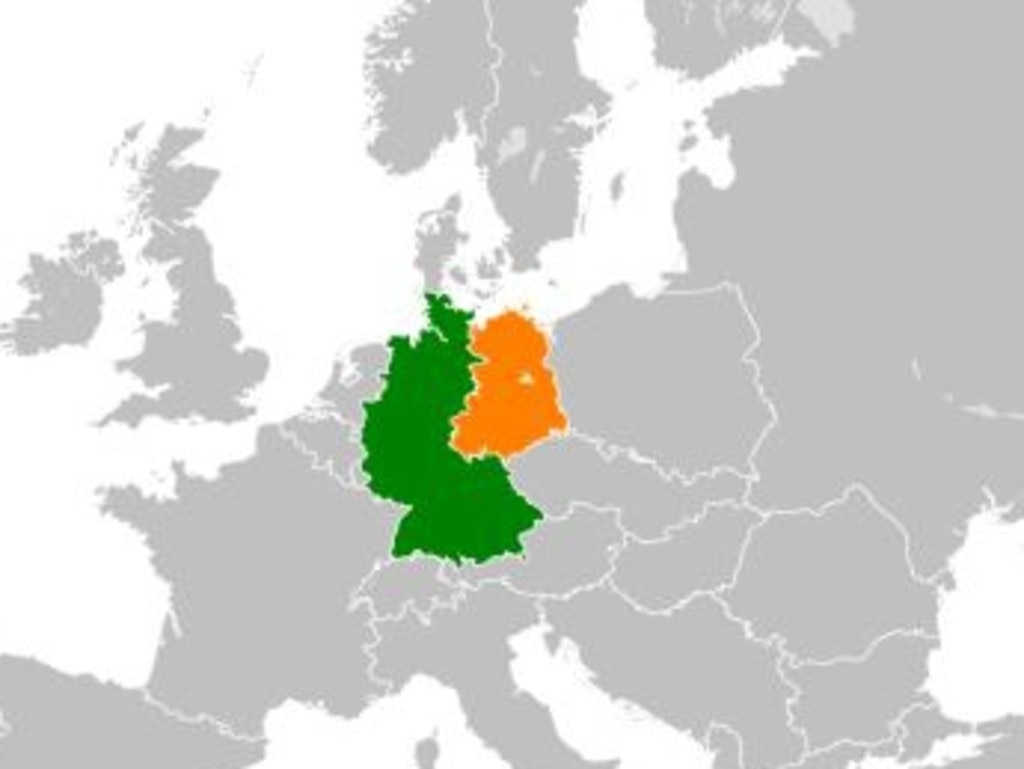
‘Real warning’
Mr Merz said AfD’s rise was a “real warning bell for the political parties of the centre in Germany to come up with shared solutions”.
AfD’s polices include potentially expelling legal migrants from the country who aren’t deemed German enough, leaving the euro currency, restricting Islam in Germany, cosying up to Russia and ceasing weapons supplies to Ukraine.
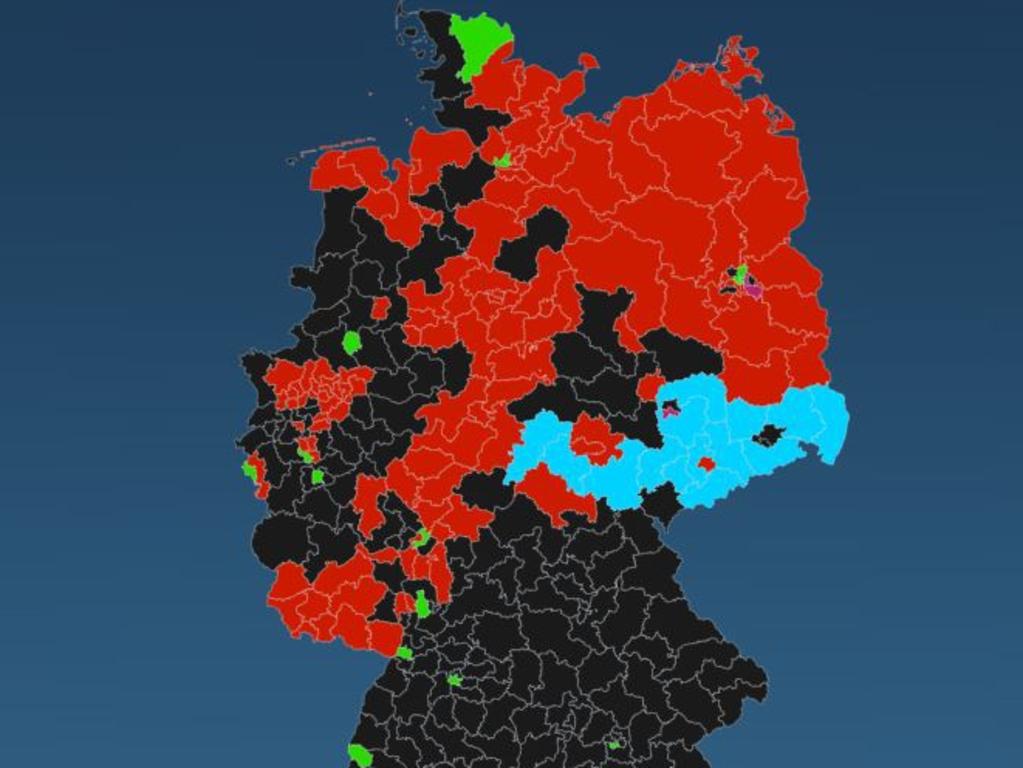
“We’re very concerned about what’s happening in the east,” the likely soon to be Chancellor Merz said on Monday.
A common reason given for this political divide in Germany is the hangover from the country’s actual former division.
When Germany unified, the country’s already capitalist west was an economic powerhouse. The east was poorer, older and its entry into the west saw factories close and unemployment rise.
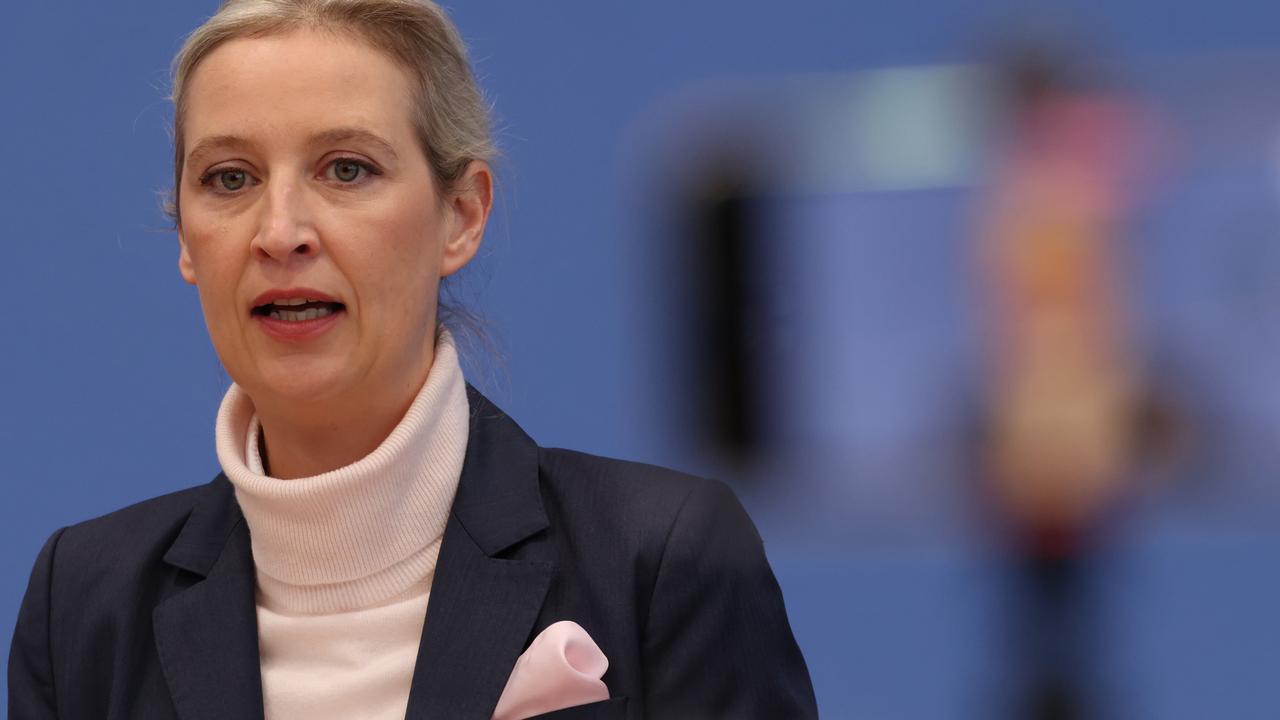
But if Germans in the east were nostalgic for Communism, the assumption might have been that would vote for its modern form, The Left party. But outside of Berlin, they didn’t.
Indeed, the AfD celebrates the east throwing off Communism.
And these days, the economic gap between western and eastern Germany is far smaller than it was in the nineties.
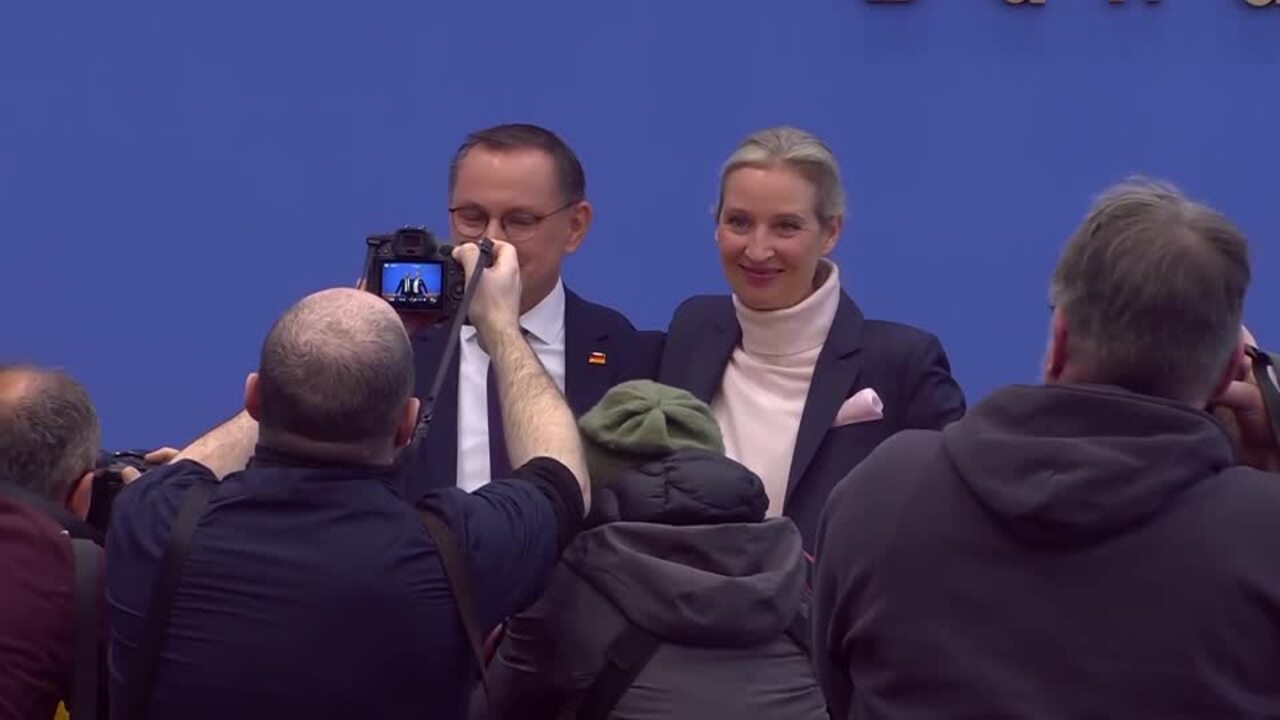
Some commentators have said the swing it the AfD in the country’s east is precisely because it has caught up to the west, yet it still feels it has been looked down on by the west. The AfD is, in some ways, the east asserting itself.
Wolfgang Schroeder, a political-science professor at the Berlin Social Science Centre, has said the AfD can seize on hot button issues with “clarity, intensity, radicalism and emotionality,” that other parties lack.
He described the AfD as “something like an aircraft carrier for resentment and anger”.
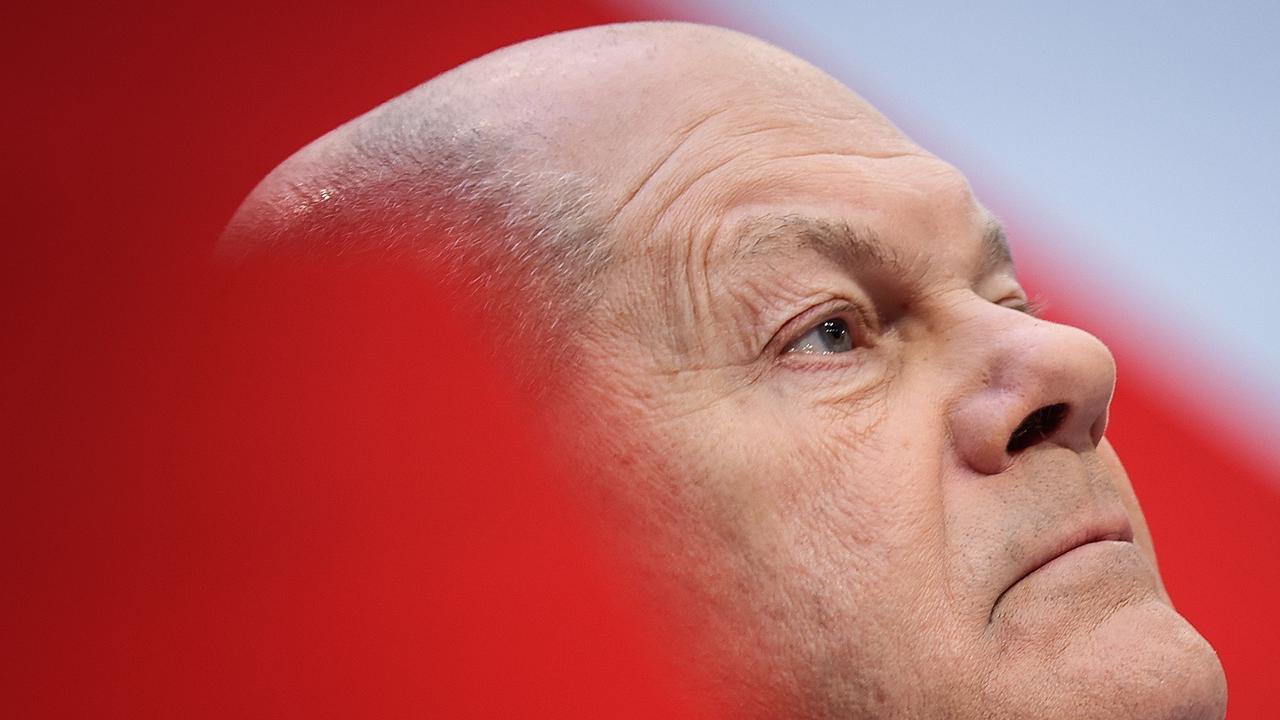
Elon Musk openly campaigned for the AfD. US Vice President JD Vance was accused of election interference when he met AfD leader Alice Weidel on the sidelines of the recent Munich Security Conference.
But the party has also been helped by Ms Weidel; a woman who is gay with a civil partner and children.
Critics have said Ms Weidel’s background helps shield the AfD from accusations it is radical and extreme.
“Under Alice Weidel, the party has lost its horror for many voters, and Weidel’s numerous TV appearances have accelerated the normalisation of the AfD,” commented Germany’s Der Spiegel magazine.
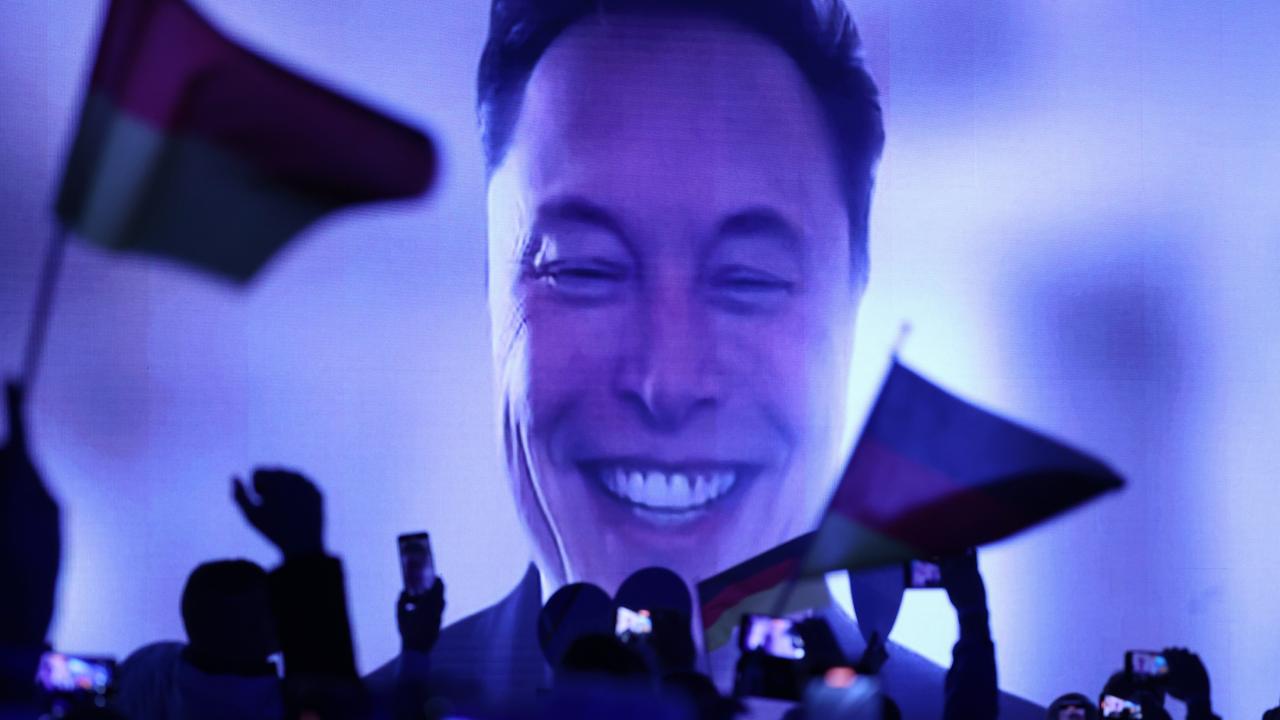
AfD responds to second place
On Monday, Ms Weidel claimed the AfD could “overtake the CDU within the next few years for the next election … to become the strongest force” in German politics.
Its little wonder Ms Weidel is looking forward to the next election, as this one seems unlikely to lead the AfD to having any power in government.
Germany’s other parties have put in place a so-called “firewall” and have pledged not to work with the AfD despite it being in second place.
“That is undemocratic,” Ms Weidel said.
“They cannot exclude millions of voters. The firewall must go — no functioning democracy has a firewall”.
However, the previous SPD led government formed a coalition in 2021 excluding the then second place CSU/CDU. It’s not unusual for the runner up to be left out.
As the results came in, it became clear the CSU/CDU could make a coalition with the now third placed centre left SPD which would give it a slim majority in the Bundestag and avoid a complex partnership with minor parties.
Mr Merz has said his party now has a “clear mandate” and wants to form a government by Easter with the SPD. Although he has admitted the two parties will have to put much bad blood aside.
But he added, the AfD’s continued rise was a “warning” and issues such as Germany’s economy and immigration would have to be tackled.
“This election might be our last chance to restore public trust.”
– with AFP.
Originally published as ‘Warning’: Alarming map shows divide at the heart of Europe


